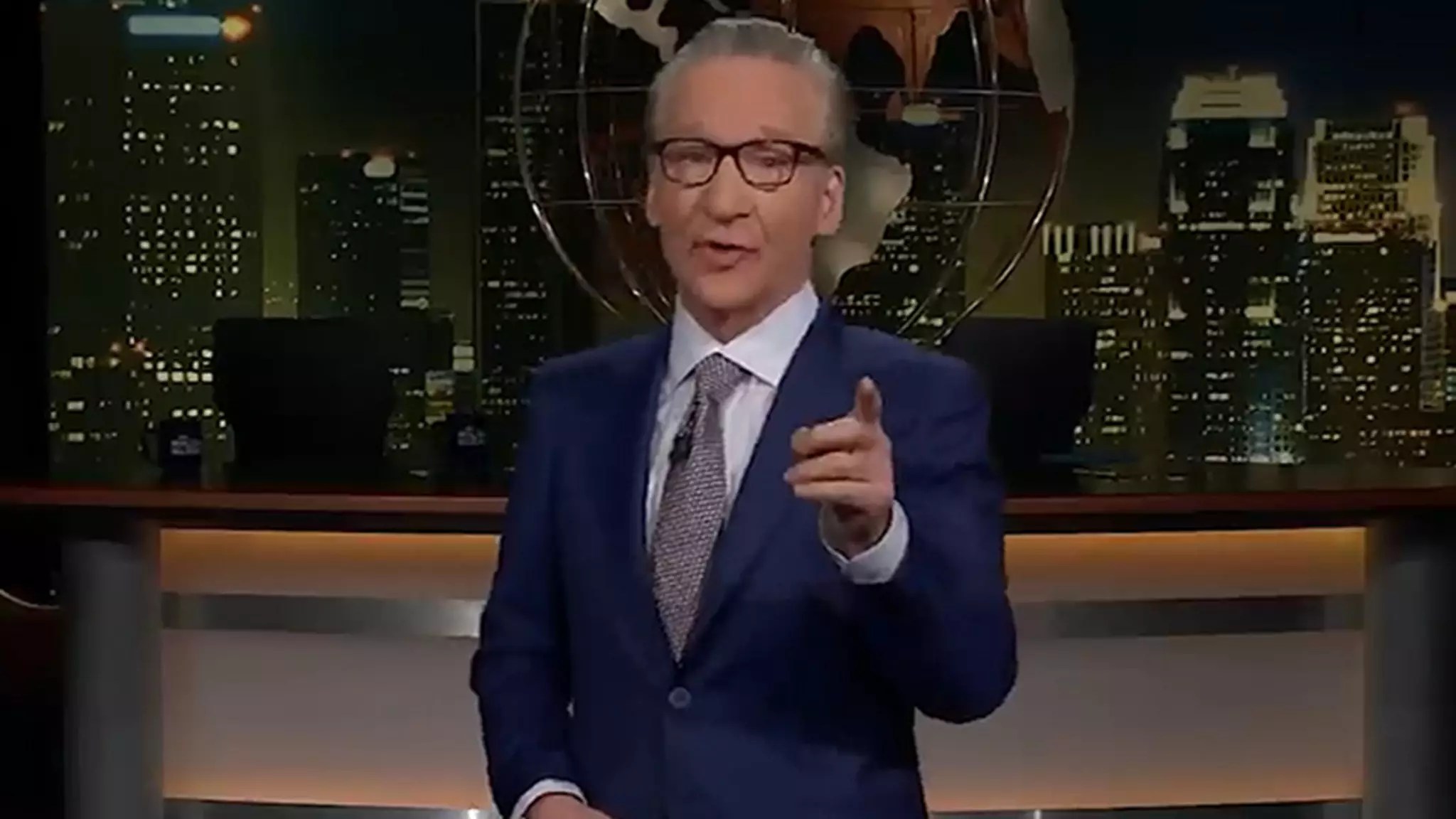Bill Maher’s recent recount of his dinner with Donald Trump at the White House has sparked waves of discourse that stretch well beyond his typical comedic critiques. The seasoned political commentator, known for his sharp wit and often polarizing opinions, claims that the true Trump—behind the curtain of public spectacle—is not only self-aware but also a charismatic figure capable of genuine connection. In Maher’s narrative, Trump is perceived as an engaging conversationalist, who can appreciate humor while deftly accepting criticism—a depiction that stands in stark contrast to the more aggressive and divisive persona we often witness in the media. This dichotomy raises crucial questions: Is Maher merely romanticizing his encounter, or is there a misunderstood depth to Trump that deserves recognition?
A Complex Persona
Maher’s assertion that the real Trump is someone you could enjoy a meal with shifts the understanding of the President’s public image. Many might be inclined to take Maher’s word, given his extensive experience in gauging human nature through decades of stand-up performance and public speaking. His insights suggest that behind the stereotypes and media caricature lies a man who possesses a fundamental likability when engaged one-on-one. However, detractors argue that Maher’s analysis feels overly simplistic. The notion that charm can be authentic when layered over a foundation of transactional relationships is contentious, particularly in light of the character reports from those who know Trump intimately.
The Double-Edged Sword of Public Perception
Social media backlash towards Maher’s comments has underscored the polarizing nature of Trump’s public and private personas. Critics of Maher have taken swift action to dismantle his conclusions, insisting that the supposed charm is nothing more than a façade meticulously crafted over decades of navigating New York’s elite circles. The insinuation here is profound: Could it be that efforts to charm are ingrained coping mechanisms rather than signs of a truly engaging personality? This debate invites deeper contemplation regarding the authenticity of interpersonal skills and whether they can co-exist with deeply ingrained defensive behaviors.
Beyond the Dinner Table
While Maher acknowledges that he supports some of Trump’s policies, he remains staunchly critical of many others, demonstrating the complicated relationship individuals can have with political figures. It suggests that a person’s charm does not absolve them from the consequences of their actions or beliefs. The multifaceted nature of Trump’s character raises ethical questions about our interactions with controversial figures—can we appreciate personal connection while disapproving of broader ideologies?
Ultimately, Maher’s dinner with Trump helps illuminate an intriguing social dynamic: the juxtaposition of personal experiences with public perception. The evolving narrative of who Trump is, as emphasized by Maher’s observations, challenges us to explore the grey areas in our understanding of public figures. It urges a reconsideration of the complex interplay between character and persona in a culture that increasingly thrives on caricature. Perhaps, rather than categorizing individuals, we should examine the layers of human experience that inform our perceptions of one another.


Leave a Reply